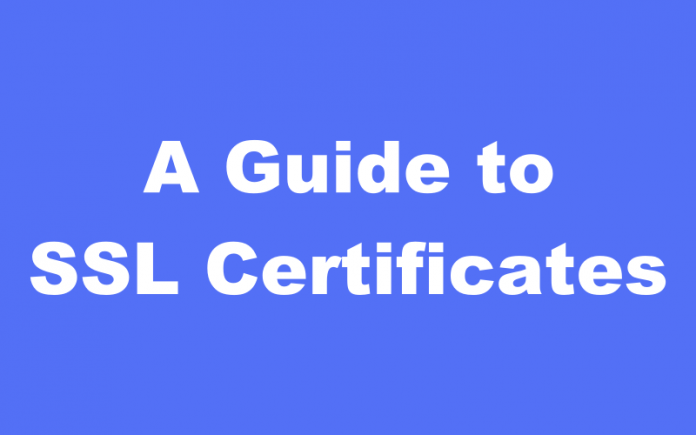Not all SSL certificates are the same, and each type differs in some way. This short article focuses on some of the key features of SSL encryption, dedicated SSL, shared SSL, wildcard SSL, and free SSL certificates.
When choosing SSL for your online business, it’s worth spending some time exploring what kind of SSL certificate you need and what you can afford.
There are different types of certificates and different prices. The main types of SSL are dedicated, shared, wildcard, and free. With so many SSL online suppliers, it costs money to shop.
Dedicated SSL certificate
Dedicated SSL is specifically assigned to the domain name of your website. Therefore, to get a dedicated certificate, you must end up with your own domain, such as in.com or .co.uk. Domain names vary in price, but there are many domain registrars online. With dedicated certificates, they are never shared with other domain names, and they typically do not provide SSL protection for website subdomains other than www.
Dedicated SSL is one of the most expensive SSL to buy.
Shared SSL certificate
Unlike a dedicated certificate that has its own domain name and its own certificate, a shared SSL certificate sounds exactly like that. share.
Shared SSL is typically provided by a web host for use by customers. Domains are not visible when this type of shared SSL is used, as they tend to have generic names. Web hosts tend to offer these for free.
You can also attach the website to someone else’s SSL certificate. However, this means that if a visitor to your website wants to verify the authenticity of your site, the SSL and certificate names on your website will not match. Details will be displayed to those who own and purchase the certificate. In most modern browsers, this usually causes the browser to display an error page, warning you not to continue.
Please note that you cannot “just use” SSL on other websites. To use the system, you need to set it up.
Another issue arises if you want to change the host of your website. The possibility of being able to transfer SSL protection between you and your website may not be possible.
Wildcard SSL certificate
Some websites are called subdomains (eg customer.mysite.com or secure.mysite.com). If you want to protect with an SSL certificate, you need wildcard SSL to ensure that all subdomains are all. safety. Wildcard SSL allows you to protect an unlimited number of subdomains with just one SSL.
If you don’t need to protect multiple subdomains and you don’t need to protect exactly which subdomains you need, it may be cheaper to add them to your regular SSL certificate. A reputable SSL supplier / reseller will advise you on this.
You should also keep in mind that market-leading SSL suppliers protect mysite.com and http://www.mysite.com with standard certificates by default. You don’t need a wildcard certificate just to protect your www subdomain.
Free SSL certificate
It’s possible to get the free one, but keep in mind that you get what you paid for, and the free SSL certificate may not be as secure as the paid version. Free SSL does not always have the level of encryption or service needed to keep your website secure, just like paid certificates.
Another thing to consider is paying attention to where you get the free stuff. Because they are not legal and can do more harm than good.
There are some very reputable companies that offer free stuff, but keep it simple and do your research.
You can also get a free trial certificate from most SSL suppliers. These certificates are fully functional, but are limited in duration to 30-60 days.
Another thing to consider when purchasing SSL is the level of security provided. The current industry standard is 128-bit encryption, and you can also increase the level of 256-bit encryption. Many certificates are automatically encrypted at a higher level, if possible. For obvious reasons, the higher the bit encryption number, the more secure the SSL certificate provides.













